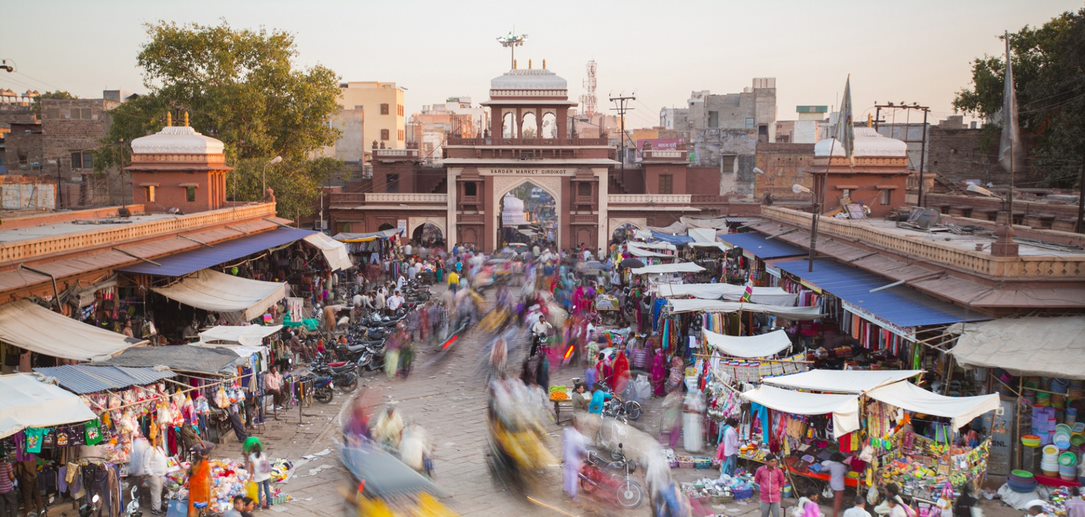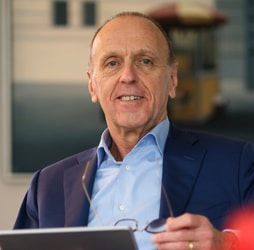As difficult as the COVID-19 pandemic has been for you, imagine what it would be like if you didn’t have an adequate place to live?
Without a proper place to live, where would you shelter in place during lockdowns? Where would you receive deliveries? How would you maintain good hygiene and proper sanitation, to reduce your risk of contracting the coronavirus?
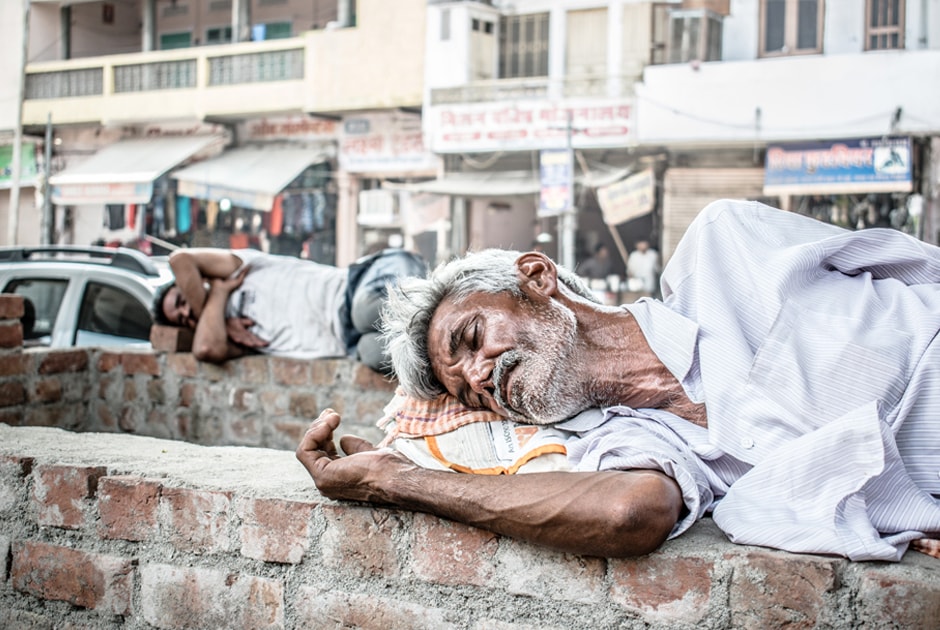
These questions represent just a few of the myriad challenges millions of people in the developing world have been facing during this pandemic. But the global housing crisis predates COVID-19. It’s a persistent and, frankly, shameful indictment of our global society. Even with rapid population growth, we have the resources to provide adequate housing for every man, woman and child on the planet. To do so, we have to act together to make a difference in the lives of people who are not as fortunate as us.
The Arcadis Shelter Program
That’s why, ten years ago, Arcadis partnered with UN-Habitat to form the Shelter Program. UN-Habitat works in more than 90 countries, leveraging knowledge, policy advice, and technical assistance to help create a better quality of life for people. Their vision of a better world for us all is so aligned with Arcadis’ passion for improving quality of life that this partnership has been a perfect fit from the outset. Through the Shelter Program, Arcadians provide pro bono consultancy and technical support for specific UN-Habitat missions. With generous support from our largest shareholder, the Lovinklaan Foundation, we sponsor trips into the field, where Arcadians can use their skills to directly help communities in need. We’ve also jointly organized annual Shelter Academy trainings on climate change mitigation and adaptation, for local officials in more than 60 cities. And we support the World Urban Campaign, which is UN-Habitat’s partner platform.
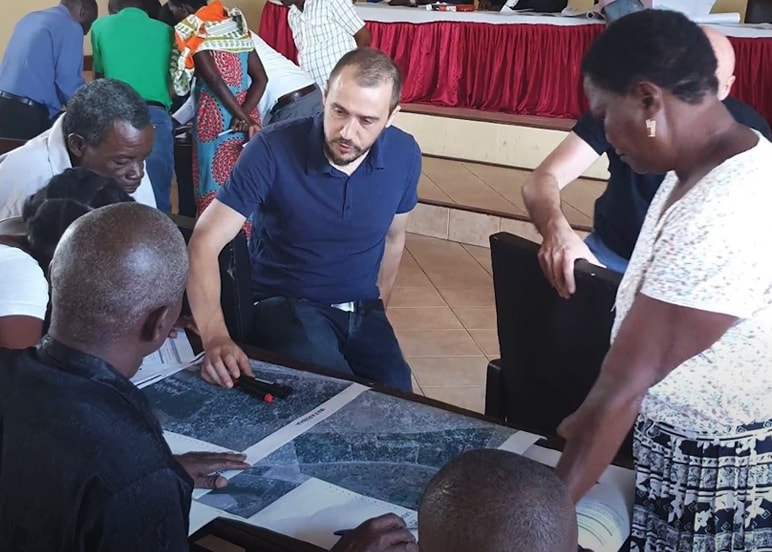
MINUTES
You have not accepted cookies yet
That is what the Shelter Program did and how it worked before the pandemic. But as with many aspects of our lives, we had to change things this year. The fact that our people could no longer travel to assist with UN-Habitat missions didn’t decrease the need for that help. In fact, the virus has created many new challenges for communities that were already stressed by climate change and poverty. Immediately after the outbreak of COVID-19 the Shelter program discussed with UN-Habitat how to support in the response efforts. I am very proud of the results: the COVID-19 Rapid Response Helpdesk and the webinar with recommendations and guidelines on Healthy Pandemic Resilient Cities.
The Shelter COVID-19 Rapid Response Helpdesk
As the coronavirus spread around the world, UN-Habitat began receiving questions and requests for assistance from countries like Brazil, India, Mongolia, Myanmar and the Philippines, to name only a few. Not surprisingly the pandemic had created new challenges, and exacerbated old ones, related to sanitation, waste disposal, providing public health information and securing and ensuring access to basic services such as water, food, and energy.
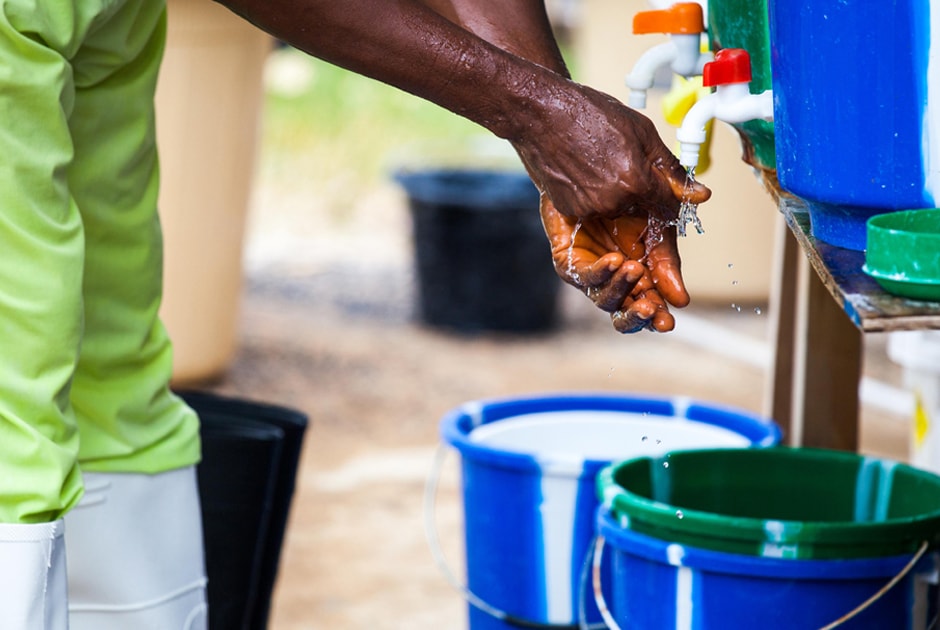
What would be the best way to convert a hotel into a medical facility for treating COVID-19 patients?
How should one organize accommodations for onsite industrial workers?
What are the best ways to communicate public health measures during the pandemic?
Through the Shelter Program, our people set up the COVID-19 Rapid Response Helpdesk to provide actionable answers to these and many other questions. More than 300 Arcadians took part in the helpdesk and worked to generate responses. A smaller group of Arcadis experts then took that input and developed thorough documents that provided advice and practical suggestions.
The Shelter COVID-19 Rapid Response Helpdesk is a great example of the innovative way Arcadians tackle challenges. We certainly were not going to let the pandemic to stop our efforts to improve quality of life for people through our partnership with UN-Habitat. As a next step, Shelter program participants provided recommendations and guidelines for making urban areas in the developing world more resilient against pandemics ad other potential shock events.
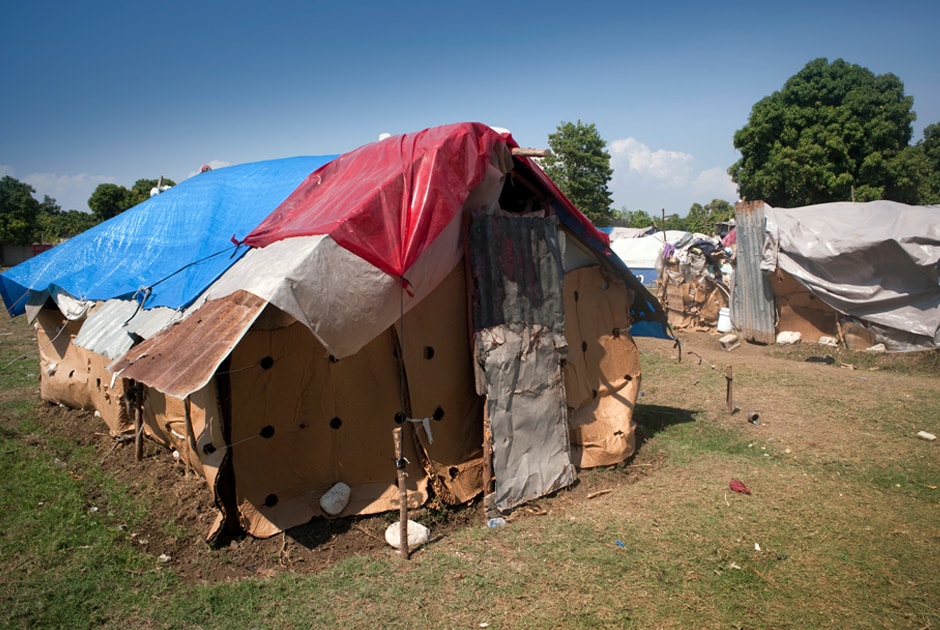
Next steps in our partnership
As I mentioned already, this year marks the 10-year anniversary of the Shelter Program. I am very pleased to announce that we have officially extended our partnership with UN-Habitat for another two years. This means that around the world we will continue to provide pro bono technical expertise and support for vital UN-Habitat development projects. Our people take part in roughly ten Shelter missions each year, most of which are follow up projects, where we can create real change, based on longer-term engagements. We also organize internal Shelter workshops, to engage our staff around the work UN-Habitat is doing and to develop ways to incorporate UN-Habitat policies in our work. To date, more than 2200 Arcadians have taken part in the Shelter program. We’ve supported more than 100 UN-Habitat missions in more than 30 countries.


